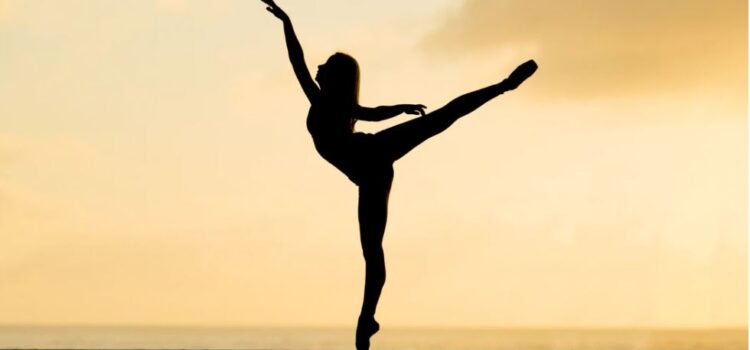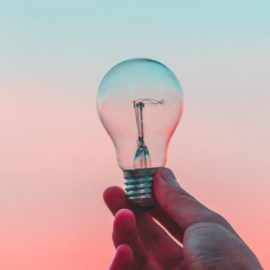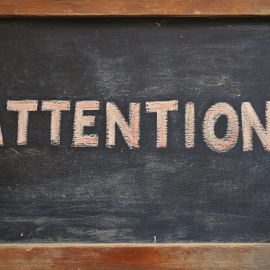

This article is an excerpt from the Shortform book guide to "Flow" by Mihaly Csikszentmihalyi. Shortform has the world's best summaries and analyses of books you should be reading.
Like this article? Sign up for a free trial here .
What is a flow activity? How can engaging in flow activities make you more complex? What are the four categories of flow-producing activities?
There are four categories of flow activities: aleatory, mimicry, vertigo, and competition-centered. Partaking in these activities will help your consciousness become more complex in many ways.
Continue reading to learn about flow activities.
Activities That Promote Flow
Though you can experience flow unexpectedly, you’re most likely to experience it when you deliberately take part in certain flow activities and possess the skills or traits necessary to facilitate it.
Many activities have been developed around helping participants and audiences achieve flow. Games, sports, religious rituals, and art are examples. Regardless of the activity, every flow experience Csikszentmihalyi studied helped people become more complex through:
- Developing a new sense of self
- Achieving a specific goal
- Improving performance of the activity
- Experiencing a new reality
Your consciousness becomes more complex doing activities in several stages. When engaging with an activity, you enter and exit a flow state depending on whether you’ve reached your current goal, and you never stay in the same state for long. The stages are:
- Flow 1. You start an activity and immediately have to master certain skills to do it well. For example, if you’re learning to play tennis, just learning how to hit the ball over the net will likely occupy your time at first. However, it’s a concrete goal with clear feedback that you’ll soon achieve.
- Boredom or Anxiety. Once you’ve achieved your goal, what used to be difficult is now easy. In the tennis example, hitting a ball over the net becomes too easy, causing you to be bored and exit flow. Or you may face an opponent who is more skilled, making you feel anxious and exiting flow.
- Flow 2. Flow 2 occurs when you leave your anxious or bored state by working toward new goals. In the tennis example, you might practice a new skill, such as hitting the ball toward the outer edge of your opponent’s court. Once you’ve achieved these goals, you may slip back into Boredom or Anxiety, at which point you’ll have to develop new goals.
Each time you return to flow to pursue a new goal, you’ve become a more complex person with new skills that enable you to take on greater challenges.
Categories of Flow-Producing Games and Activities
There are four categories of games and activities; each offers optimal experiences for different reasons:
- Aleatory. These activities center on random chance. Winning these games can provide a sense of power or provide a plan of action. For example, the Chinese try to divine the future based on the patterns of dropped sticks. Trying to understand the present and future is a strategy for ordering consciousness. Even winning a game like bingo is fun because its structure makes the odds feel in your favor despite the random gameplay.
- Mimicry. Mimicry is any activity that creates an alternate reality using disguise or fantasy. Art forms, such as dance and theater, fall in this category. For example, members of the Yaqui Indian tribe of Mexico dressed as deer—their prey—in ceremonies because it made them feel kinship with the animals.
- Vertigo. This category includes activities that directly modify your perception, such as spinning or doing drugs. It’s the most direct way to reorder consciousness, and though it might make you think you’ve expanded your consciousness, this isn’t possible—you can’t expand consciousness; you can only reorder it, which might give you the impression you’ve expanded it.
- Competition-centered. The Latin root of the word competition means, “seeking together.” In competitive activities, you feel most satisfied when your skills are well-matched with those of your opponent, and you’re able to push yourself to win. If you have more skills than your opponent, winning is easy and boring. If you aren’t as skilled, competition can make you feel anxious because you’d like to win, but you can tell you don’t have the skills.

———End of Preview———
Like what you just read? Read the rest of the world's best book summary and analysis of Mihaly Csikszentmihalyi's "Flow" at Shortform .
Here's what you'll find in our full Flow summary :
- Why people feel the happiest when they're in the "flow state"
- What activities and personality traits promote flow
- Why you may have a paradoxical relationship with work and leisure






